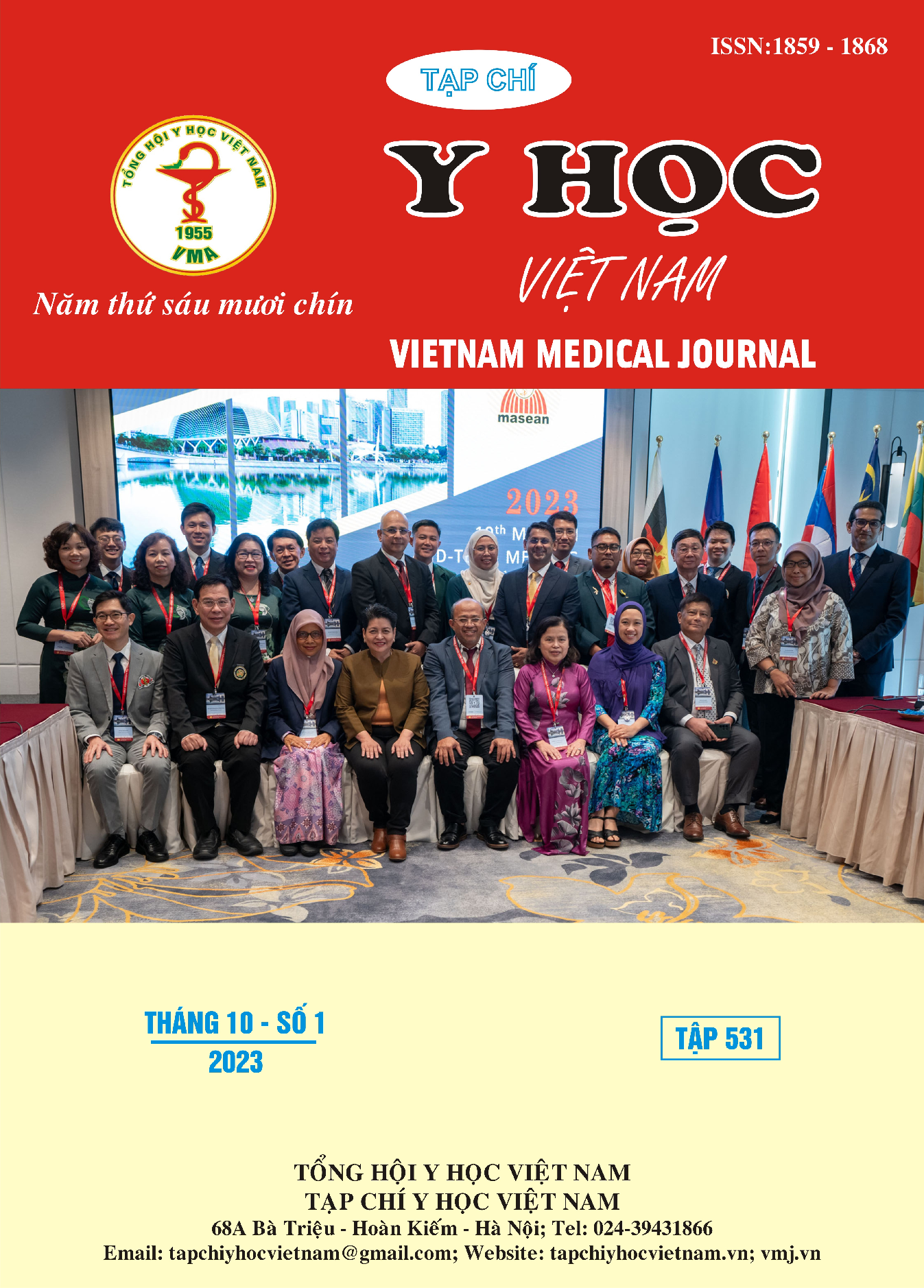THE EVALUATION OF VOLUME STATUS VIA HEMODYNAMIC MONITORING
Main Article Content
Abstract
Accurate assessment of a patient’s volume status, as well as fluid responsiveness is a critical task in the care of critically ill patients. Hypovolemia with hypotension and tissue underperfusion are usually more alarming to physicians, but hypervolemia is also associated with poor outcomes, making euvolemia a crucial goal in clinical practice. Nevertheless, the assessment of volume status can be challenging, especially in the absence of a gold standard test that is reliable and easily accessible to assist with clinical decision-making. Therefore, using more than one monitoring technique is important, especially by providing real time and precise measurements of cardiac output. Beside that, physicians need to have a broad knowledge of the strengths and limitations of these tools, these variable. Guided by these variables, the decision to infuse fluid should consider specific triggers, such as signs of tissue hypoperfusion. This comprehensive evaluation of the risk, benefits and efficacy of fluid infusion helps to individualize fluid management, which should be preferred over a fixed restrictive or liberal strategy.
Article Details
Keywords
Hemodynamic monitoring, volume status, cardiac output, tissue perfusion, hypervolemia, fluid responsiveness, individualize fluid management.
References
2. Vincent JL, Singer M, Einav S, et al. Equilibrating SSC guidelines with individualized care. Crit Care. 2021;25(1):397. doi:10.1186/ s13054-021-03813-0
3. Vincent JL, Pinsky MR. We should avoid the term “fluid overload.” Crit Care. 2018;22(1):214. doi:10.1186/s13054-018-2141-7
4. De Backer D, Vincent JL. Should we measure the central venous pressure to guide fluid management? Ten answers to 10 questions. Crit Care. 2018; 22(1):43. doi:10.1186/s13054-018-1959-3
5. Vincent JL, Cecconi M, De Backer D. The fluid challenge. Crit Care. 2020;24(1):703. doi:10.1186/s13054-020-03443-y
6. Messina A, Palandri C, De Rosa S, et al. Pharmacodynamic analysis of a fluid challenge with 4 ml kg-1 over 10 or 20 min: a multicenter cross-over randomized clinical trial. J Clin Monit Comput. 2022;36(4):1193-1203. doi:10.1007/ s10877-021-00756-3
7. Monnet X, Shi R, Teboul JL. Prediction of fluid responsiveness. What’s new? Ann Intensive Care. 2022;12(1):46. doi:10.1186/s13613-022-01022-8
8. Teboul JL, Monnet X, Chemla D, Michard F. Arterial Pulse Pressure Variation with Mechanical Ventilation. Am J Respir Crit Care Med. 2019; 199(1):22-31. doi:10.1164/rccm.201801-0088CI.


